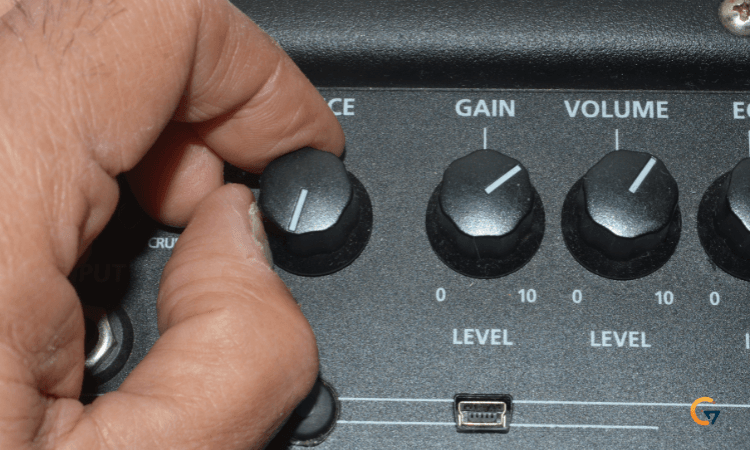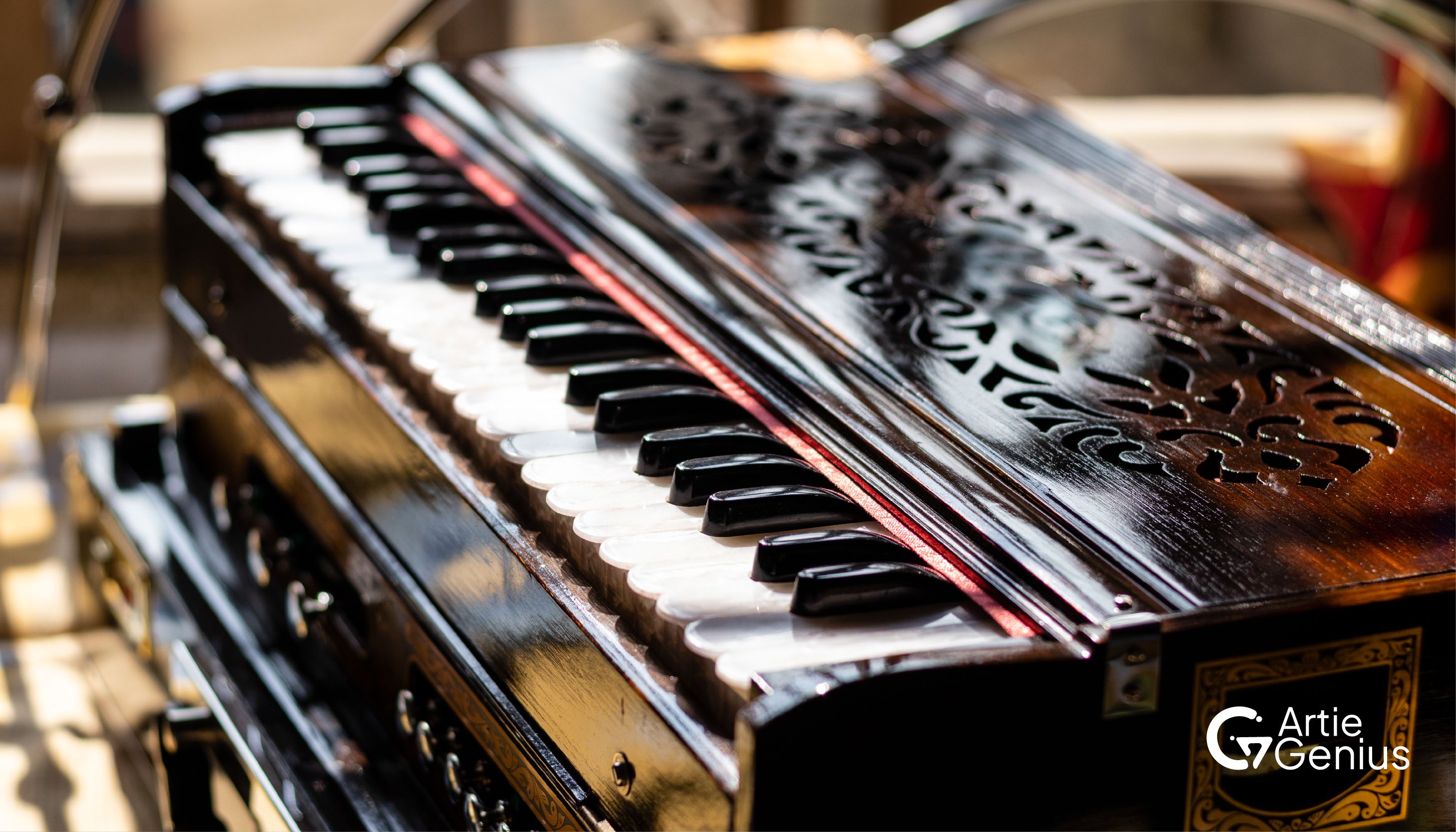Among all terms for a sound, the two that arise the most are reverb and echo. Although these two contribute to the fundamental character of audio, they are different; each has its own peculiarities. Here is the guide that would help beginners and enthusiasts of sound understand what's going on. Let's break down those sound phenomena and see where reverb and echo truly differ.
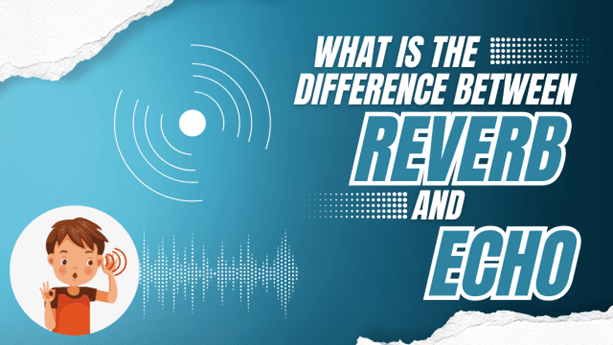
Understanding the Basics of Sound Reflection
Reverb and echo are both products of reflected sound, but they sound and create different effects. Let's see what the basics are: Reverb: Short-term effect where sounds blend smoothly. Echo: Delayed repetition of sound that is easy to be recognized as a separate action. In simple words, reverb is like a "blurred" sound and echo is a "repeat." Let's dive deeper into each of them.
What is Reverb?
Reverb is short for reverberation. This refers to the way that the sound bounces back within a room or space and gives the feeling of depth and fullness. You can imagine clapping in an empty hall—instead of a direct echo, you hear the blend of reflections which fade gradually.
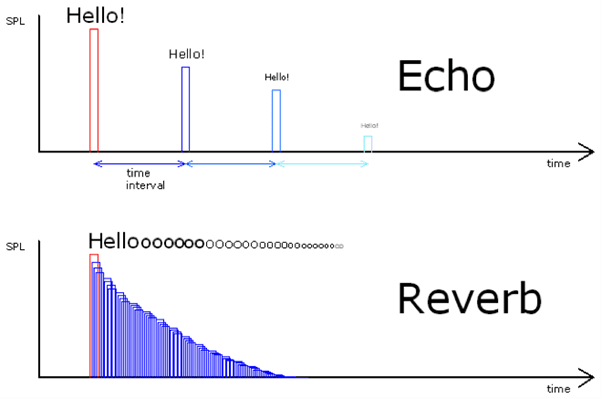
Key Characteristics of Reverb
● Duration: It is brief before fading out. ● Layering: It adds depth to a blend of sounds. ● Natural Feel: It creates a sense of being in a cave, hall, or church.
Reverb usually goes unnoticed since it happens quickly. We go through it every day: the bathroom, the concert hall. Reverb is one of the most important aspects in music production because it makes the sound "full" in such a way that it's alive and natural.
Important Take-Aways About Reverb
● Not a Repeat: Reverb is not repeating the original but just forming a consecutive blend of sound. ● Smooth Transition: Adds smoothness without an audible break in between. It enables to Add Atmosphere: In music, this method is seminal to add additional depth to any soundscape.
What is Echo?
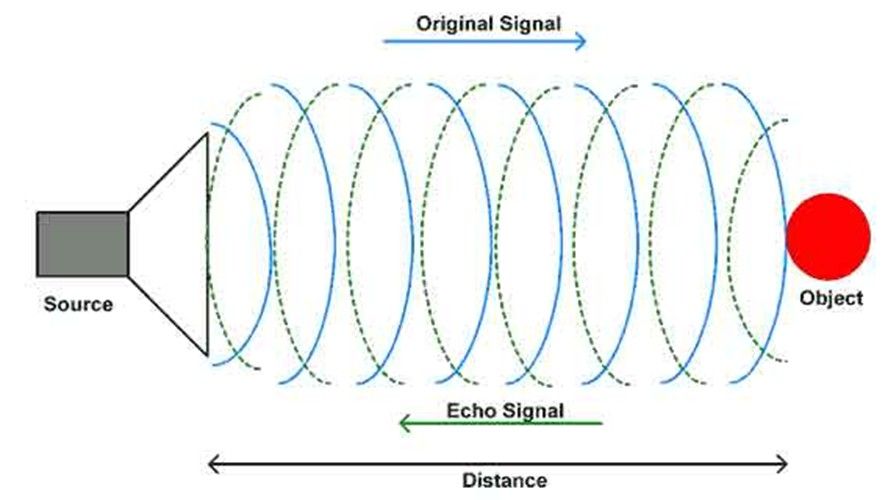
Echo is the more perceivable repetition of the sound. Imagine calling into a canyon and hearing your voice echo back. This return of the sound happens just a little while after you produce the original sound is an echo.
Characteristics of an Echo
● Lag: A definite lag in the echo from the original sound. ● Plain Repeat: The Echo seems to be a repeat of the original sound. ● Separation: Sounds seem separated.
Echoes are heard because they do not merge with the original sound; instead, they accompany it. In music, echoes create rhythms while in outdoors, they give a sense of width and length. Important Takeaways About Echo
● Separation Sound: clear repetition of the source sound. ● Increased Awareness: this is even more evident. ● Drama Added: on some occasions, it helps in dramatic and rhythmic sound use in audio recordings. Reverb Vs Echo: a Practical Distinction From these, we shall establish an insight on what precisely is the difference between the two, reverb and echo
1. Lag Period ● Reverb: only such a minimal period for mixing of the sounds with themselves ● Echo: there can even be observed to have more precise separation, where there's still an identifiable repeat.
Audio Wet And Dry Duration Sound Quality Reverb Creates a "wash" or "fill" that smoothes out audio. An obvious, distinguishable "copy" of the sound. 3. Applications in Music and Audio Production Reverb Adds warmth, depth, and atmosphere to recordings. Echo Introduces drama, and rhythm, and can create a "call and response" effect. Practical Applications: Reverb vs Echo in Everyday Settings When you think of their uses in real-world applications, you can easily understand the difference between reverb and echo.
1. Home Design and Acoustics Reverb: Rooms with surfaces like tile floors generally are more reverberant; that is, the sound is fuller but can blur speech. Echo: Generally, echoes are readily observed in large, open rooms, especially when reflective surfaces such as high ceilings exist.
2. Music Production Reverb: Adds richness to vocals and instruments, and makes recordings "live." Echo: Emphasizes certain words or beats, which is what gives the tracks their punch and rhythm.
3. Nature and Open Spaces Reverb- Found in caves, forests, and the natural halls where sound falls smooth. Echo- Mostly found in canyons, mountains, as well as big fields providing room for reflection of a sound.
How Can We Hear Reverb and Echo? Reverb is the subtle enhancement of the sound in our everyday environment, creating a smooth and continuous blend of reflections. Imagine the layered, lingering sound in a cathedral or concert hall, where the sound waves bounce off the walls and ceilings so fast they merge into a fuller tone. It is for this reason that music in large, enclosed spaces feels rich and enveloping because reverb adds naturally depth and warmth to sound, creating a seamless audio experience that feels immersive and grand.
On the other hand, an echo is a clear and loud repetition of sound when enough space has been left between two paths of sound so that they can travel, reflect separately, and come back. Now imagine shouting in a valley. There you hear it coming back clearly and precisely, delayed as it may sound. A reverb captures the smooth fading effect unlike an echo which tends to hold the attention because the same original sound repeats after leaving some space from it, so it becomes dramatically rhythmic. Both reverb and echo give our everyday environment a different character as they shape the way we perceive sound.
Reverb vs Echo in Music: Choosing the Right Effect
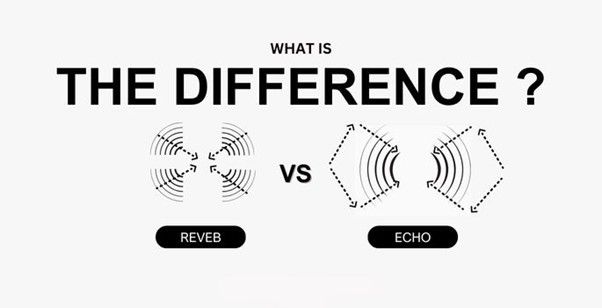 Both reverb and echo are quite crucial tools in music production. Here's how they work together and separately in music:
Both reverb and echo are quite crucial tools in music production. Here's how they work together and separately in music:
When to Use Reverb ● To Add Warmth: Good for creating a cozy, natural sound. ● To Smooth Transitions: It makes different instruments blend seamlessly. ● To Create Space: This gives the listener a feeling of being in a bigger environment.
When to Use Echo ● To Create Rhythm: Echoes make a beat or lyric stand out. ● To Add Intensity: A distinct echo can add drama to a vocal or instrument. ● To Emphasize Lyrics or Words: Helps to underline important phrases in music.
In audio mastering, using reverb vs echo very effectively makes tracks sound either grand or intimate based on the effect used.
Conclusion
Understanding the difference between reverb and echo made me realize just how much sound can influence an environment, a mood, and an experience. Reverb makes a sound warm and full, while an echo brings clarity and drama to the sound. It makes all the difference in everyday life, from architecture to music and to simple conversations.
